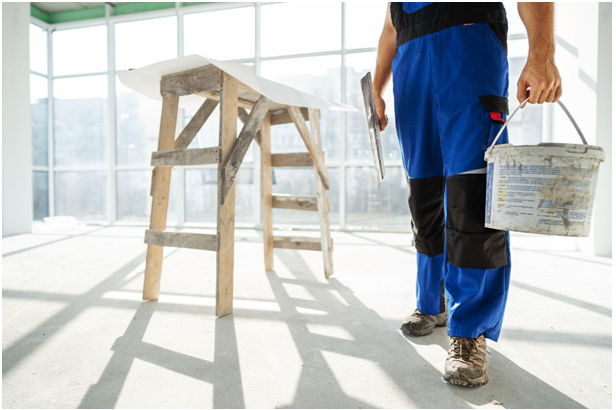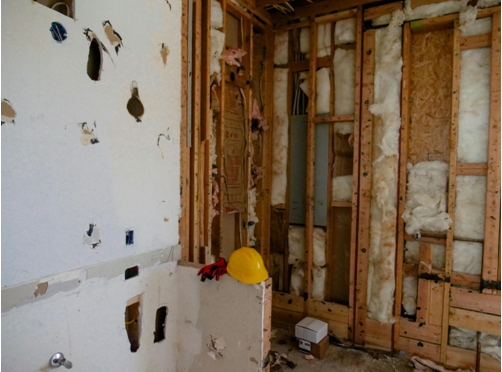How Do I Know Whether or Not to Buy A Home??
In most cases, it can be difficult to determine whether you want to or even should buy a home. There are quite a few factors to consider when you’re deciding what to do about your living situation. Do I buy? Do I continue to rent? How do I even get started with buying a home? All these questions you may have, and Brown Home Group has more than enough advice and experience to help you come to a decision.
The most important thing before buying a home is being educated on the process, the benefits/drawbacks, and the ins and outs of buying a home. Which is arguably the biggest purchase of one’s life.
1. Finances
If you’re going to buy a home, their are a couple things you need to ask yourself before hand. At times, this can be one of the hardest parts of the home buying process, but finances is probably the single most important aspect of making the decision to buy a home.
-Do I have the savings for a down payment?
-What type of financing will I need?
-How much do I make monthly/annually?
A lot of factors come in to play with finances as well. Different financing options have different down payment requirements, different flexibility of payment, insurance options, and more. The best chance you have is finding the best REALTOR in your area to get the most trustworthy education on the current market, mortgage rates, etc. It can be in your best interest to ask a family member or friend for a reference, this way you will feel more comfortable handing over the process and your information to a professional.
2. Future Stability
Another thing to consider is the stability of your finances and living circumstances in the future. Are you living paycheck to paycheck? Is it possible your job can relocate you? Do you plan on being on the mortgage alone or sharing with a spouse/family member? One of the most important things to have before buying is not only savings for a down payment, but a separate emergency fund to support you in the case that anything bad happens, like a loss of employment, family emergency, natural disaster, etc. These extra funds can also assist in covering closing costs, upgrades, moving expenses, and more.
3. Credit Score
Credit score is HUGE! Most people know this, but what most people don’t take into consideration is maximizing their credit to get the best deal on a mortgage loan. Even if you have the savings, emergency fund, and substantial income, sometimes it may be wise to boost your credit as much as possible to get the lowest rates you can. Some ways to improve your credit can be paying down debt, having inaccuracies removed, and avoiding new credit lines. Doing this can actually improve your mortgage rates, the amount you qualify for, and will also give you extra time to get everything in order. Such as deciding what you want and need in a home and where you want to be located.
4. The Current Market
Not only do you want to know the condition of the current real estate market, but you want to know about the credit/loan market as well. Maybe everything as far as your income, ability to move, credit, etc. are more than enough to get you into your own home, but the mortgage rates are up. You may want to consider waiting it out until the rates go down to apply for a mortgage. Maybe the area you want is a little over priced and you should wait until the values shift downwards. These are not determining factors but definitely ones to consider as it WILL effect your homeowner experience. If you don’t know where to find this kind of information, reach out to a referred agent or visit Brown Home Group in Waterford to get a better insight on the current market.
5. Commitment
If you’re one to be afraid of commitment, we recommend that you take a second thought about buying a home. Not only is owning a home a long time commitment to your finances and living situation, but you will solely responsible for your property. Unlike renters, when something breaks, you have to fix it. You also have the responsibility of maintaining your home and lawn. Considering some homes are in an HOA community, they may have certain landscaping standards that you have to keep up with. HOA’s can also put restrictions on the type of things you can have or do at your own home! Keep these things in mind while looking for your permanent residence.
Conclusion
There a lot of things to take into consideration before buying your own home. In most cases, your preferred REALTOR can help you find a lender, look at different property options, give you an analysis on the current market, offer any other advice that they think is necessary for your situation, and provide you with the knowledge and resources to make the best decision. Hopefully this helps you with making the decision to buy a home or to continue renter for your best interest.
























